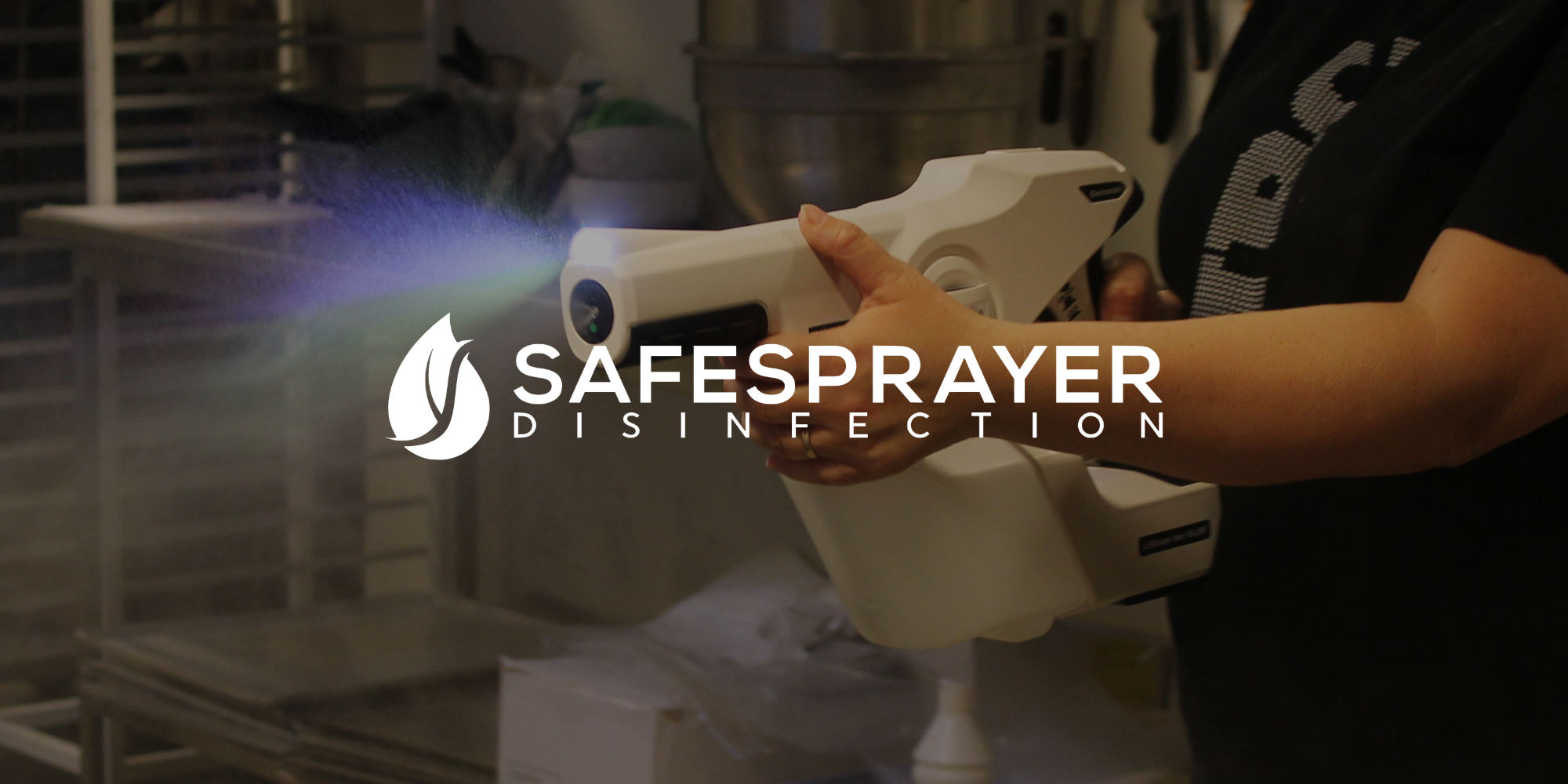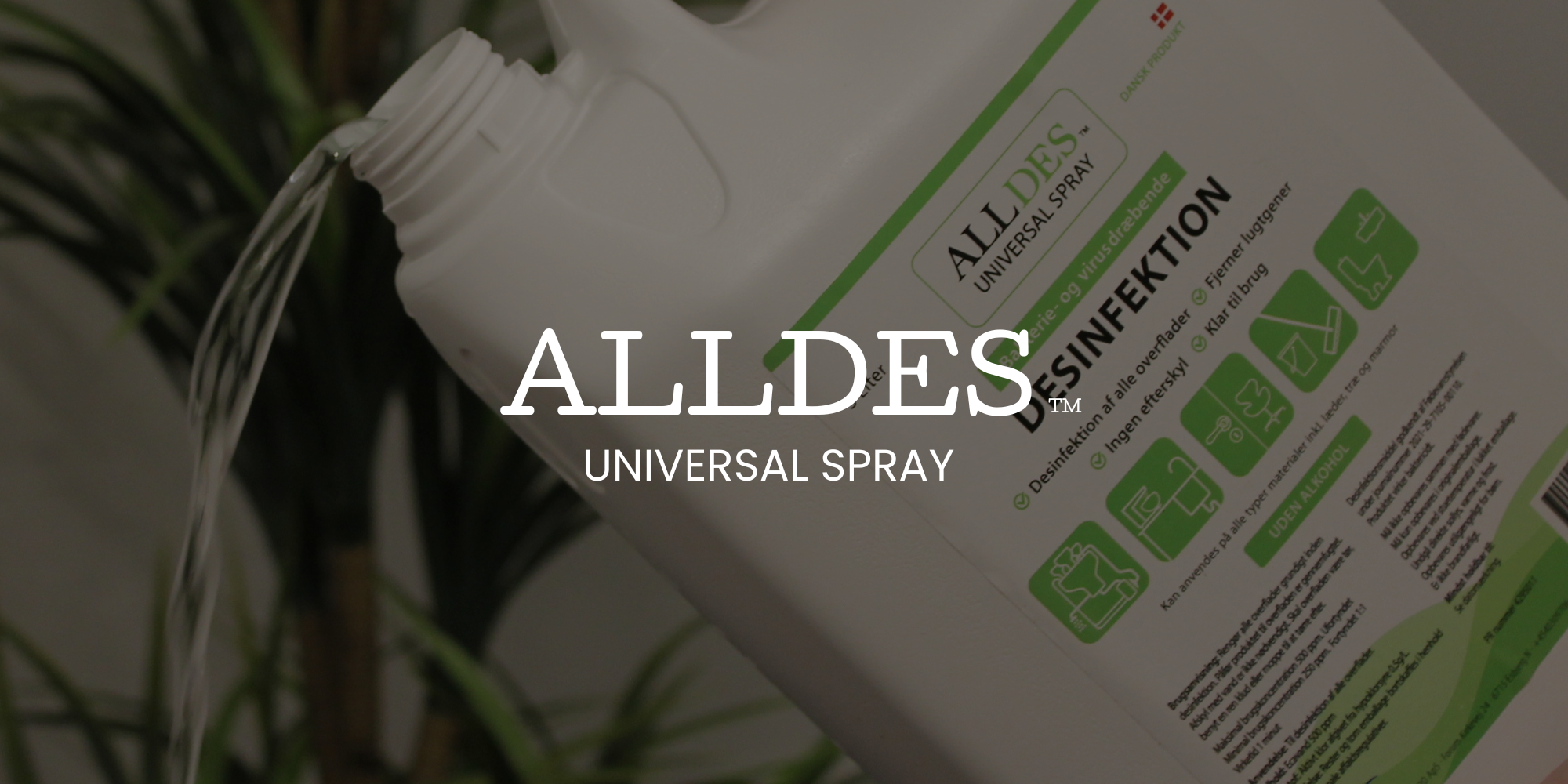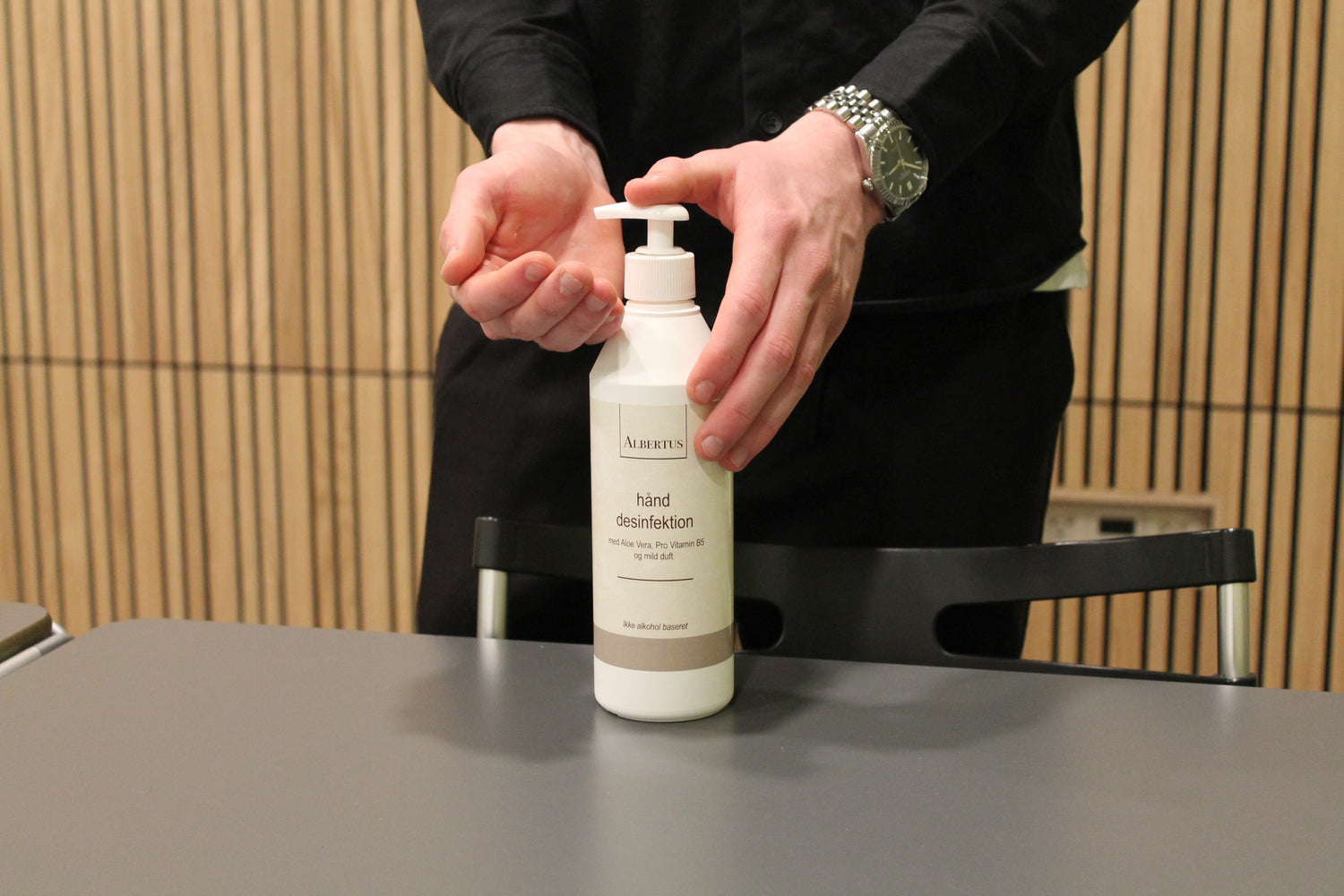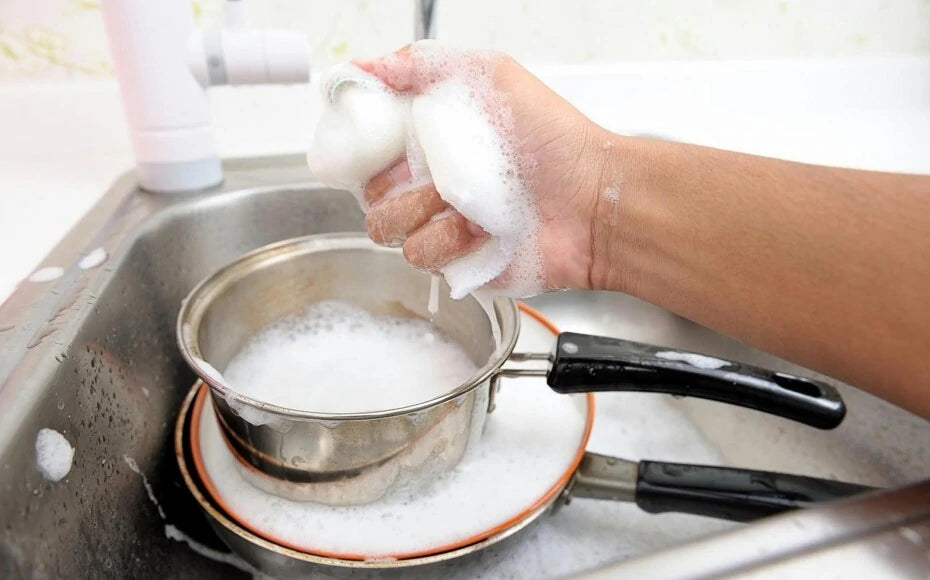Hand hygiene has never been more important than today, when we are faced with challenges such as the spread of diseases and bacteria. While alcohol-based hand sanitizer has been the most common solution, there is growing interest in alcohol-free alternatives. This blog post delves into the benefits of alcohol-free hand sanitizer over alcohol-based hand sanitizer, and we also explore its positive impact on the environment.
Gentle protection with alcohol-free hand disinfection
Alcohol-free hand sanitizer has become popular as a gentle and mild alternative to alcohol-based hand sanitizer. Here are some of the main benefits:
- Less drying of the skin: Alcohol-based hand sanitizers have a reputation for drying out the skin, especially with repeated use. In most cases, alcohol-free disinfection uses gentle ingredients that are not as drying as alcohol. This preserves the skin's natural moisture and reduces the risk of dry and irritated skin.
- Less risk of skin damage: Prolonged use of alcohol-based hand sanitizer can lead to cracking and damage to the skin. Alcohol-free alternatives reduce this risk and maintain the integrity of the skin.
- Allergy-friendly: Many alcohol-free hand sanitizers contain fewer fragrances and chemicals, which makes them gentler on people with allergies or sensitive skin.
- Effectiveness: Many alcohol-free hand disinfectants are documented to be more effective, as they eliminate several known microorganisms such as Norovirus (rubella disease).
Alcohol-free hand sanitizer as a more environmentally friendly choice
In addition to being gentle on the skin and more effective, alcohol-free hand sanitizer also has a positive impact on the environment. Here are some ways it contributes to the environment:
- Lower CO2 emissions: The production of alcohol for alcohol-based disinfection requires energy and resources. Alcohol-free hand sanitizer does not require this process, resulting in lower CO2 emissions.
- Reduced water consumption: Alcohol-based hand sanitizer requires water for production and dilution. Alcohol-free alternatives require less water and minimize overall water consumption.
- Limited chemical runoff: Alcohol-based hand sanitizer may contain higher concentrations of chemicals. Alcohol-free hand sanitizer usually contains fewer chemicals, which reduces the risk of chemical runoff into the environment.
FAQ: Frequently Asked Questions
Is alcohol-free hand sanitizer as effective as alcohol-based sanitizer? Yes, many alcohol-free hand sanitizer products have proven effectiveness against bacteria and viruses, making them just as effective as alcohol-based sanitizer.
How does alcohol-free hand disinfection protect the environment? Alcohol-free hand disinfection often requires fewer resources for production and has lower CO2 emissions and water consumption, which makes it more environmentally friendly.
Is alcohol-free hand sanitizer more suitable for people with sensitive skin? Yes, alcohol-free hand sanitizer is usually gentler on sensitive skin and may be a better choice for those with skin problems.
How can I choose the best alcohol-free hand sanitizer? Be sure to choose an alcohol-free hand sanitizer that contains proven effective active ingredients against bacteria and viruses. Read the label carefully and choose a product from a trustworthy manufacturer. A well-documented and gentle alternative to alcohol-based hand disinfection could be Sanify water-based hand disinfection , which contains a mild active substance as well as Aloe Vera and Pro Vitamin B5, so that you avoid dry hands.
Can I use alcohol-free hand disinfection as a substitute for alcohol-based disinfection in all situations? Yes, alcohol-free disinfection is a good substitute for alcohol-based hand disinfection, especially if you want to avoid drying out the skin and contribute to the environment.
Ultimately, alcohol-free hand sanitiser is a gentle and effective alternative to alcohol-based sanitiser, offering protection against bacteria and viruses without compromising skin health or the environment.












